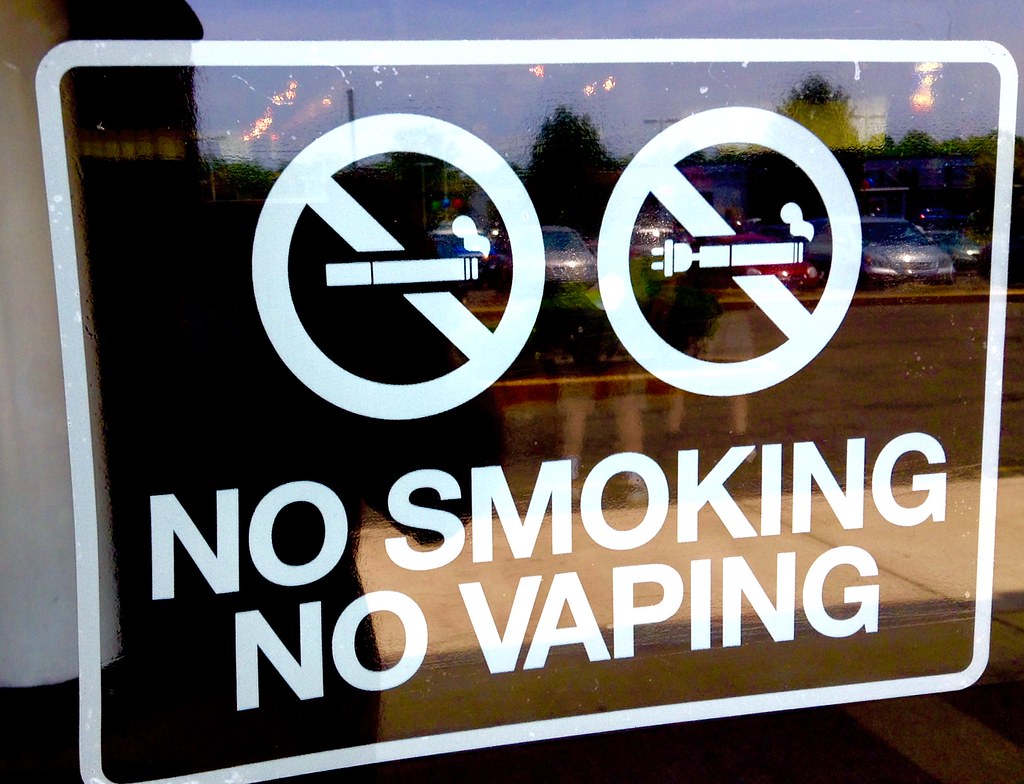Reports across the U.S. of a mysterious illness linked to vaping have spiked to more than 800 as the number of confirmed fatalities reached 12.
According to the Center for Disease Control, all patients had a history of e-cigarette use and a majority had used vapes containing Tetrahydrocannabinol (THC) a psychoactive chemical agent present in marijuana.
Of the patients, about 82 percent are under the age of 34. Use of vapes containing THC were reported in 77 percent of cases. The CDC also documented that 57 percent of patients used nicotine-containing e-cigarettes.
16 percent of those afflicted are under the age of 18.
Symptoms of the disease include difficulty breathing and chest pain, although patients have also sometimes been admitted with fevers or gastrointestinal symptoms.
According to the CDC, a case of the illness is confirmed when tests for the presence of bacterial or viral infection are negative, and pulmonary infiltrate, any substance denser than air, is detected in the lungs through a chest radiograph.
While the cause of the outbreak remains undetermined, vitamin E acetate, a compound used to dilute THC in vapes sold on the black market, has become a focus of state and federal investigators. However, this theory on the cause of the illness conflicts with reports of patients becoming ill despite only using nicotine-based e-cigarettes.
Prompted by the epidemic, federal and state regulators have turned their attention towards the e-cigarette market. And this massive industry, once thriving because of the decline of traditional tobacco products, is now feeling the squeeze.
In response to the crisis, the CDC has put out a public warning about using e-cigarettes until the investigation into the outbreak is completed.
Across the United States, bans on flavored e-cigarettes are coming into effect in several states and, at a congressional hearing on Wednesday, FDA Commissioner Ned Sharpless confirmed that a federal ban on flavored e-cigarettes would be instituted in the near future.
Juul Labs, an industry titan with about 72% of the total e-cigarette market share, has suffered under the increased scrutiny. On Wednesday, in response to a growing number of state and federal investigations into the company’s practices, CEO Kevin Burns resigned and Juul suspended all marketing in the U.S.
Burns was replaced by K.C. Crosthwaite, an executive from Altria, a massive tobacco company that owns 35% of Juul.
Altria itself has stumbled in the past few weeks, and the internal shuffle at Juul coincided with the collapse of a merger between Altria and Philip Morris International, the producer of Marlboro cigarettes. Since the start of the outbreak, Altria’s stock prices have declined by nearly 30%.
The e-cigarette industry grew to incredible heights as a safer alternative to traditional cigarettes. Today, however, it has become a victim of the same public health concerns that crippled Big Tobacco.
By Nicolas Greamo


































































